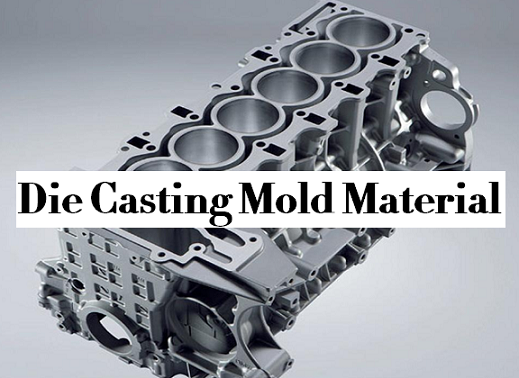The Ultimate Guide To Alcast Company
Alcast Company - Questions
Table of ContentsRumored Buzz on Alcast CompanyThe Best Strategy To Use For Alcast CompanySome Known Details About Alcast Company Some Ideas on Alcast Company You Need To KnowSome Known Details About Alcast Company Alcast Company - Questions
The subtle difference depends on the chemical material. Chemical Comparison of Cast Light weight aluminum Alloys Silicon advertises castability by lowering the alloy's melting temperature level and boosting fluidness throughout casting. It plays a crucial role in allowing intricate molds to be loaded accurately. In addition, silicon adds to the alloy's stamina and put on resistance, making it beneficial in applications where durability is crucial, such as automotive components and engine elements.It also improves the machinability of the alloy, making it less complicated to process right into ended up products. In this way, iron contributes to the overall workability of light weight aluminum alloys.
Manganese adds to the toughness of light weight aluminum alloys and enhances workability. Magnesium is a lightweight aspect that provides strength and effect resistance to light weight aluminum alloys.
Getting The Alcast Company To Work
It permits the manufacturing of lightweight components with excellent mechanical residential or commercial properties. Zinc enhances the castability of aluminum alloys and aids regulate the solidification process throughout casting. It boosts the alloy's stamina and hardness. It is typically found in applications where elaborate shapes and great details are necessary, such as attractive spreadings and particular vehicle components.

The primary thermal conductivity, tensile toughness, yield stamina, and prolongation vary. Amongst the above alloys, A356 has the greatest thermal conductivity, and A380 and ADC12 have the most affordable.
Alcast Company - An Overview

In accuracy casting, 6063 is well-suited for applications where intricate geometries and high-quality surface finishes are extremely important. Instances include telecommunication units, where the alloy's remarkable formability permits for sleek and aesthetically pleasing designs while maintaining structural integrity. In the Lighting Solutions industry, precision-cast 6063 elements develop elegant and efficient illumination fixtures that need intricate forms and excellent thermal efficiency.
The A360 shows exceptional prolongation, making it suitable for complex and thin-walled components. In accuracy spreading applications, A360 is fit for markets such as Customer Electronics, Telecommunication, and Power Tools.
The 3-Minute Rule for Alcast Company
Its one-of-a-kind buildings make A360 an important option for precision see this site casting in these industries, boosting product durability and quality. aluminum foundry. Aluminum alloy 380, or A380, is a commonly used casting alloy with numerous unique characteristics.
In precision spreading, aluminum 413 shines in the Consumer Electronic Devices and Power Equipment industries. This alloy's exceptional deterioration resistance makes it an excellent choice for outdoor applications, making certain durable, resilient items in the mentioned markets.
Alcast Company - Truths
The light weight aluminum alloy you choose will considerably influence both the casting procedure and the residential properties of the last product. Since of this, you have to make your decision thoroughly and take an enlightened technique.
Identifying the most suitable aluminum alloy for your application will certainly indicate considering a wide range of attributes. These comparative alloy characteristics adhere to the North American Pass Away Spreading Organization's guidelines, and we've separated them right into 2 groups. The initial group addresses alloy attributes that influence the manufacturing process. The second covers features affecting the buildings of the final item.
All About Alcast Company
The alloy you pick for die spreading directly impacts a number of elements of the casting process, like exactly how simple the alloy is to function with and if it is prone to casting problems. Warm splitting, also understood as solidification cracking, is a regular die casting flaw for aluminum alloys that can lead to interior or surface-level splits or cracks.
Certain light weight aluminum alloys are a lot more susceptible to warm fracturing than others, and your choice should consider this. It can damage both the cast and the die, so you need to look for alloys with high anti-soldering residential or commercial properties.
Deterioration resistance, which is already a notable characteristic of light weight aluminum, can differ substantially from alloy to alloy and is a vital characteristic to think about depending upon the environmental problems your product will certainly be subjected to (Aluminum Casting). Put on resistance is an additional residential property commonly looked for in aluminum products and can separate some alloys